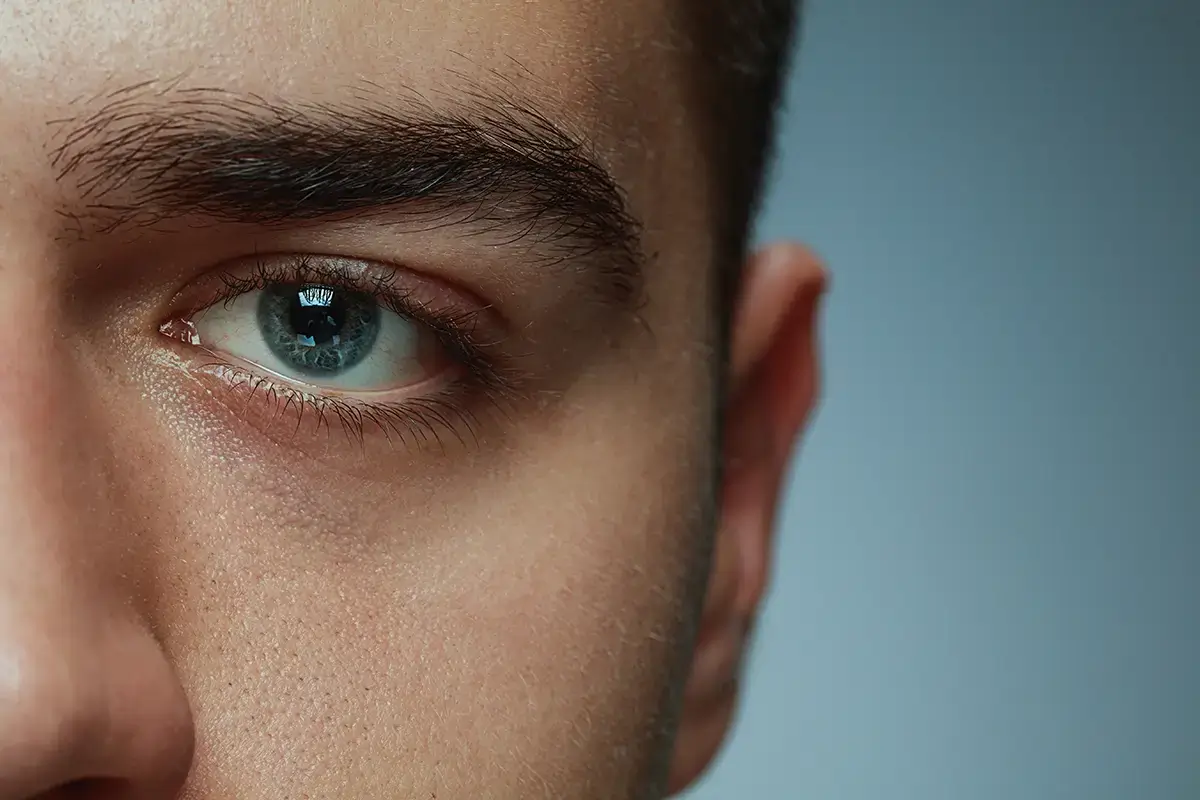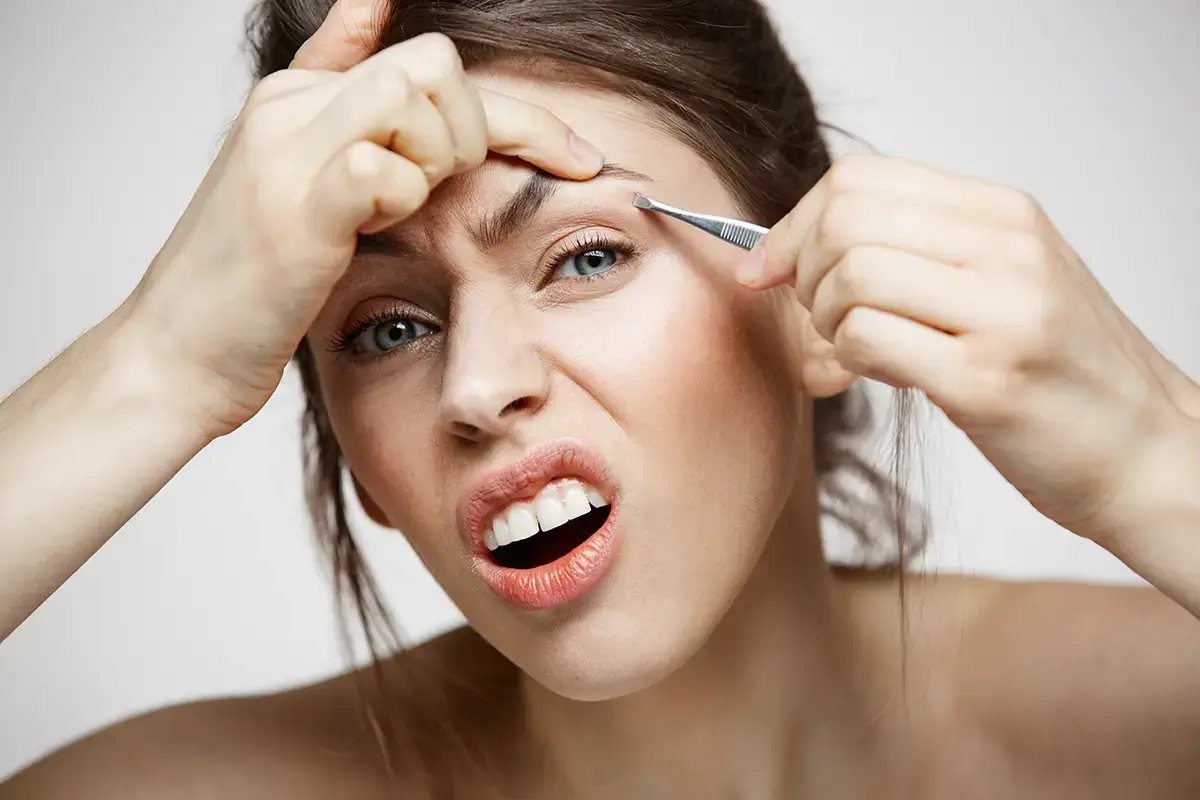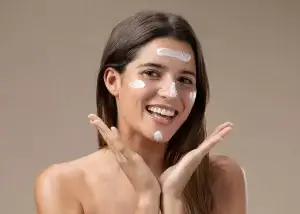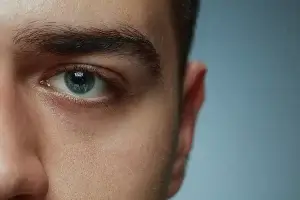Dark Circles: Causes, Prevention, and Effective Solutions
Dark circles are a common aesthetic issue affecting people worldwide, creating an appearance of fatigue or premature aging. They manifest as dark areas under the eyes and are often associated with factors such as lack of sleep, stress, and genetic predisposition. In addition to their visual impact, dark circles can signal underlying health problems, making it important to understand their causes and treatment options. Recently, Brazil’s Ministry of Health reported that about 25% of the Brazilian population deals with dark circles, highlighting the need for effective approaches to this issue.
The problem of dark circles goes beyond mere cosmetic inconvenience; it can affect self-esteem and, in some cases, indicate deeper health concerns. A study conducted by the Brazilian Society of Dermatology in 2023 found that dark circles are frequently linked to lack of sleep and allergic conditions, emphasizing the need for accurate diagnosis and appropriate treatment strategies.
Causes of Dark Circles
Dark circles can arise from a variety of reasons, including genetic factors, aging, and medical conditions. Genetics play a significant role, with thinner skin and a predisposition to pigment accumulation in specific areas contributing to the problem. The Brazilian Society of Dermatology points out that individuals with a family history of dark circles are more likely to develop them.
Aging also significantly contributes to the development of dark circles. As we age, collagen production decreases, and the skin becomes thinner, making blood vessels more visible. This can create a “shadow” effect under the eyes. According to the World Health Organization (WHO), the weakening of skin structure and loss of elasticity are predominant factors in older individuals.
Environmental Factors and Lifestyle
Lifestyle and environmental factors also play a crucial role in the development of dark circles. Sleep deprivation is one of the primary causes, leading to blood vessel dilation and fluid accumulation under the eyes. According to the National Sleep Foundation, adults should aim for 7 to 9 hours of sleep per night to avoid skin-related health issues.
Additionally, excessive sun exposure can worsen the problem. Ultraviolet radiation can stimulate melanin production, intensifying pigmentation in the eye area. Using sunscreen is essential to prevent this effect, as emphasized by the Brazilian Society of Dermatology.
Prevention and Care
Preventing dark circles starts with basic care, such as maintaining a good sleep routine and adequate hydration. The Brazilian Society of Dermatology recommends a skincare routine that includes creams with ingredients like hyaluronic acid, vitamin C, and retinol. These components help improve skin elasticity and reduce pigmentation.
Sun protection is also an important preventive measure. Daily use of high SPF sunscreen can help prevent darkening of the skin under the eyes caused by sun exposure. Recent studies indicate that regular application of sunscreen can significantly reduce the formation of new dark circles and prevent existing ones from worsening.
Effective Treatments
For those already experiencing dark circles, several treatment options are available. Topical treatments, such as eye creams containing retinol or vitamin K, can help improve the appearance of dark circles by strengthening the skin and reducing pigmentation. According to a study published by the American Academy of Dermatology in 2023, these treatments have shown positive results in many cases.
Aesthetic procedures, such as dermal fillers and laser therapies, are also effective for treating dark circles. Hyaluronic acid-based fillers can help smooth the area under the eyes, while lasers can reduce pigmentation and improve skin texture. It is advisable to consult a dermatologist to determine the best approach for each specific case.
Conclusion
Dark circles can result from a combination of genetic, environmental, and lifestyle factors. Understanding these causes and adopting appropriate prevention and treatment strategies is crucial for managing and reducing the appearance of dark circles. From simple lifestyle changes to advanced aesthetic treatments, there are various ways to address the problem effectively. Staying informed and seeking guidance from health professionals are important steps to maintaining healthy and rejuvenated skin around the eyes.
Sources Consulted:
- World Health Organization (WHO).
- Brazilian Society of Dermatology.
- National Sleep Foundation.














